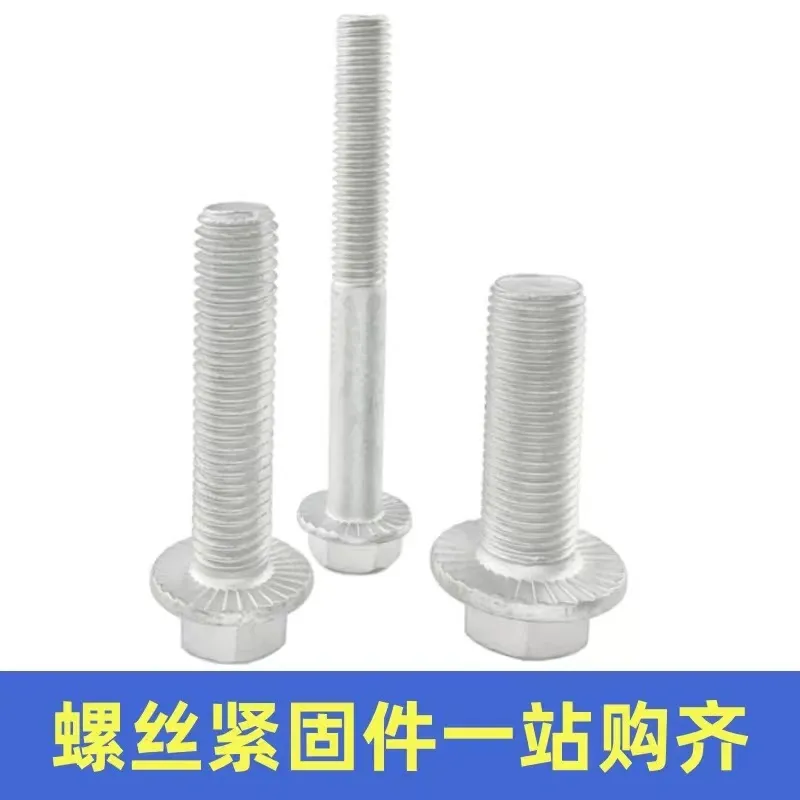

self tapping sheet rock screws
Oct . 30, 2024 17:29 Back to list
self tapping sheet rock screws
Understanding Self-Tapping Sheet Rock Screws A Comprehensive Overview
Self-tapping sheet rock screws are a crucial component in construction and home improvement projects, especially when working with drywall. These screws are designed to penetrate sheet rock and various materials with ease, making them an essential tool for both professional contractors and DIY enthusiasts. In this article, we will explore the features, benefits, and applications of self-tapping sheet rock screws.
What are Self-Tapping Sheet Rock Screws?
Self-tapping screws are specially designed fasteners that can create their own hole as they are driven into a material. This is particularly useful when working with drywall, which requires precision and speed to secure sheets effectively. Unlike traditional screws that require pre-drilling, self-tapping screws eliminate the need for additional tools, simplifying the installation process.
These screws are typically made from high-strength steel, often coated with a corrosion-resistant finish to ensure durability. They come in various lengths and diameters, allowing for versatility in different applications. The unique thread design helps achieve a tight grip, preventing the screw from loosening over time.
Key Features
1. Thread Design The coarse threads of self-tapping sheet rock screws enable them to pull into the material easily, providing a secure fit. Some screws have sharp points that help them penetrate sheet rock without pre-drilling.
2. Material Composition Most self-tapping screws are made from hardened steel, which ensures increased strength and resistance to snapping. They also often have a zinc or epoxy coating to resist corrosion.
3. Head Types These screws are available with various head types, including flat, pan, and bugle heads. The bugle head, in particular, is popular for drywall applications as it allows for a flush finish without tearing the paper of the drywall.
4. Size Variations Self-tapping screws come in a variety of sizes, making it easy to choose the right screw for your specific project requirements.
self tapping sheet rock screws

Benefits of Using Self-Tapping Sheet Rock Screws
- Efficiency The ability to drive screws without pre-drilling saves time, making installations quicker and more efficient.
- Secure Fastening Their design ensures a tight hold, reducing the risk of screw loosening over time.
- Versatility They can be used in various applications beyond drywall, including fastening accessories, fixtures, and even light gauge steel.
- Cost-Effective Since they reduce labor time and require fewer tools, self-tapping screws can be a more economical choice for larger projects.
Applications
Self-tapping sheet rock screws are predominantly used for securing drywall sheets to wooden or metal studs. They are also suitable for attaching other materials such as plywood, particle board, and other light materials. Whether you are installing drywall in a new construction project, repairing damaged walls, or adding fixtures, these screws provide a reliable solution for fast and effective assembly.
Conclusion
In summary, self-tapping sheet rock screws are invaluable tools in the fields of construction and home improvement. Their unique design, combined with the ease of use and variety of applications, makes them a preferred choice for professionals and DIY enthusiasts alike. Whether for a simple repair or a complex installation project, understanding the features and advantages of these screws can help you choose the right fastening solution for your needs. With the right screws in hand, you can ensure that your projects are completed efficiently and securely.
Latest news
-
High-Strength Hot-Dip Galvanized Bolts-Hebei Longze|Corrosion Resistance&High Strength
NewsJul.30,2025
-
Hot Dip Galvanized Bolts-Hebei Longze|Corrosion Resistance&High Strength
NewsJul.30,2025
-
Hot Dip Galvanized Bolts - Hebei Longze | Corrosion Resistance, High Strength
NewsJul.30,2025
-
High-Strength Hot Dip Galvanized Bolts-Hebei Longze|Corrosion Resistance, Grade 8.8
NewsJul.30,2025
-
Hot Dip Galvanized Bolts-Hebei Longze|Corrosion Resistance,High Strength
NewsJul.29,2025
-
High-Strength Hot Dip Galvanized Bolts - Hebei Longze Metal Products Manufacturing Co., Ltd.|corrosion resistance&high strength
NewsJul.29,2025

